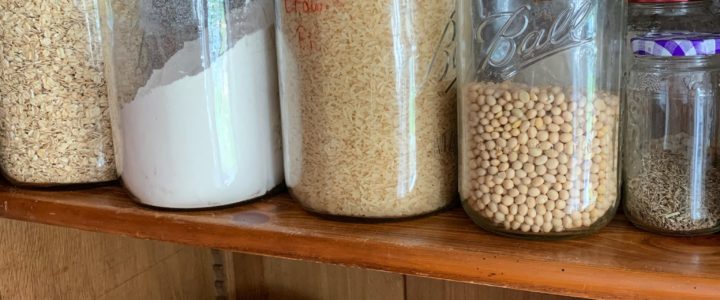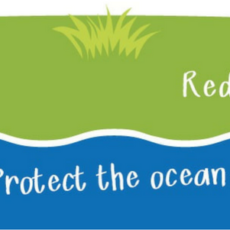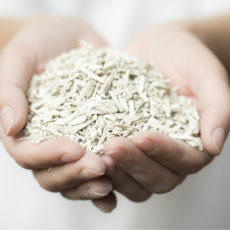
Written by guest author, John D. Sutton. John is a Planetary Defender at pangolin.green, creating sustainability tools, information, and inspiration.
When I first started paying close attention to the amount of garbage my lifestyle was creating, I started to feel guilty. I imagined the ever-growing pile of junk with my name on it accumulating in landfill. I started taking note of where my garbage came from and I found that it was almost entirely food packaging. I was buying foods packaged in layers and layers of plastic and coated paper. I felt trapped in this cycle of waste. That is, until I discovered the idea of zero waste.
What is “zero waste”?
Zero waste is a way of living without polluting the planet. The goal is essentially to leave no trace — creating no garbage as you go about your daily activities. Zero waste is a huge shift in lifestyle from what most of us in developed countries are used to and, to be perfectly honest, it is no easy feat. So why do it? The end goal of zero waste is to protect the air, soil, and oceans that give us life. If we care for the Earth, it will care for us in return. Besides, zero waste has tons of direct benefits!
Did you know you can use a zero waste approach to save money? Packaging and processing of food adds costs that are passed along to you, so by shopping zero waste you can potentially save a bundle. This kind of lifestyle is also an opportunity to live more meaningfully. Many of us are dependent on habits of consumption to feel temporarily happy, rather than more fulfilling activities like spending time with friends and family or enjoying nature outdoors. Besides, with zero waste you can eat delicious, healthy meals fresh from the garden.
So, who is zero waste for?
While zero waste is a sustainable lifestyle with many benefits, it may not be accessible in everyone’s circumstances. It is possible to pursue this way of living even with a tight budget, however, you will need access to bulk food stores. This can be difficult in “food deserts”: areas with limited access to a healthy variety of food options. Some people in these situations, however, have started gardens wherever they can, whether in small spaces, public lands, or even vacant lots. If this situation sounds familiar to you, check out the concept of “guerilla gardening” to learn more.
Another obstacle to zero waste is the need for time to prepare food. If you want a hot meal, you’ll likely be cooking it yourself. To reduce the time and effort needed, I recommend keeping fresh fruits and veggies along with nuts or granola handy for a quick snack. Preparing meals in advance for the week ahead is also useful. Using a pressure cooker or slow cooker is another strategy to prepare zero waste meals with minimal effort.
Ultimately, it can be very difficult to be 100% absolutely zero waste. Our society is just not set up to accommodate sustainable lifestyle choices. Don’t be frustrated or give up if you aren’t perfect! Zero waste is a goal to strive towards, rather than a strict regimen. Even if you only focus on reducing waste in one area of your life, you can still make a positive impact. As more people create demand for zero waste products and services it will only get easier.
So, how can you go zero waste when it comes to food?
It all starts with grocery shopping. Reusable produce bags are helpful to eliminate the single-use equivalents found in most grocery stores. There are lots of options easily found online, and even some with tight-woven fabric for buying bulk flour and sugar. If sewing is your thing, you can even make your own at home. Pair these bulk bags with reusable grocery bags and you’re ready to go! When shopping, look for fresh produce and bulk bins. You may find that this greatly simplifies and expedites your shopping trip.
What about storing and preparing the food?
Mason jars plus other glass or steel containers are great options to keep your food fresh, and they look beautiful as well. You can get these containers cheaply from thrift stores or for free by reusing emptied food jars. Fill these with staples like rice, beans, and lentils. These are inexpensive and make a good base for lots of different recipes. Add veggies and delicious sauces to create simple and amazing meals like curries and teriyaki bowls.
Now that you know how to shop for groceries in zero waste style, don’t stop there! There is tons more to the zero waste lifestyle besides what’s in your pantry! Look for your nearest zero waste shop to find many beautiful zero waste products to make your lifestyle much more sustainable.



